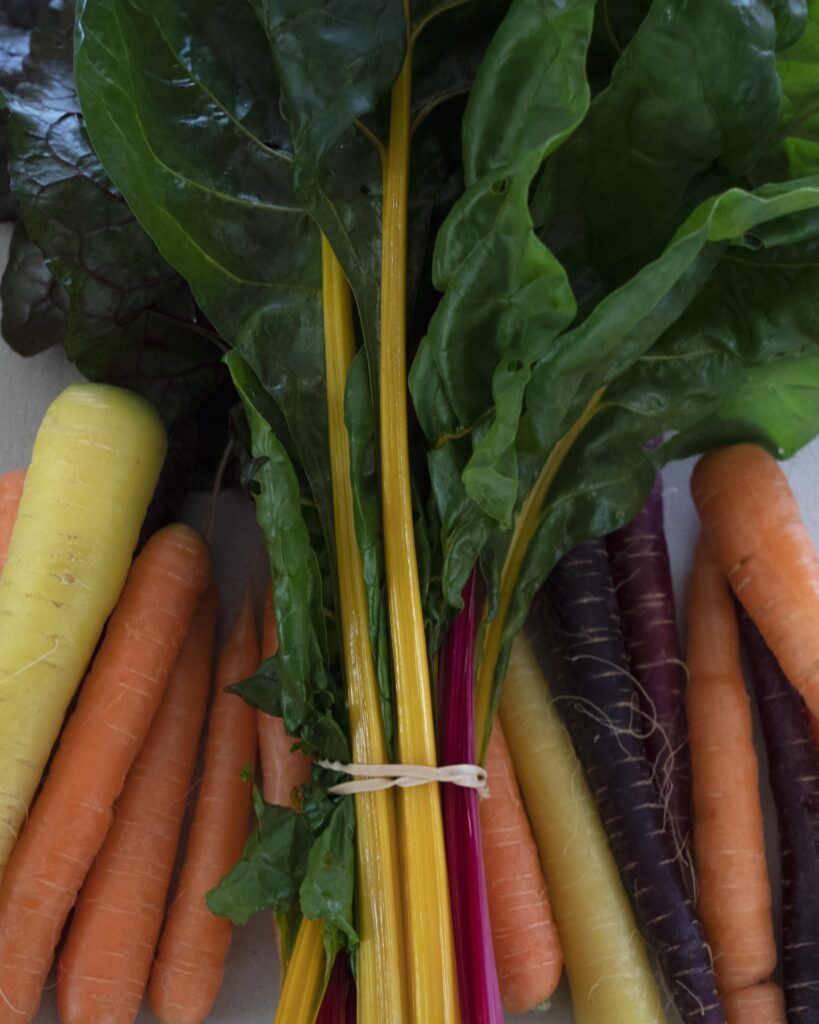 Create a plan to effectively manage leftover food, unclaimed orders, and donations, ensuring they reach those in need.
Create a plan to effectively manage leftover food, unclaimed orders, and donations, ensuring they reach those in need.
The key lies in building strong relationships with local food banks, pantries, shelters, and soup kitchens. Initiate contact to understand their specific food needs, preferred packaging methods, and ideal delivery or pick-up times. Many of these locations have a strong need for fresh and more nutritious foods but also have regulations or protocols for how they accept food. This approach ensures your extra product will be utilized before it spoils, minimizing waste and maximizing its impact. By working hand-in-hand with these local partners, you can transform surplus food into a powerful tool for combating food insecurity and fostering a healthier community.
For example, here is the Food Bank of Alaska’s donation acceptance protocol
Donation Liability Concerns
The Bill Emerson Good Samaritan Food Donation Act is a federal law protects food donors from liability when donating food in good faith to nonprofit organizations for distribution to needy individuals. It provides a standard of liability protection for food donors as long as the donation is made in good faith and meets applicable food safety standards. On October 1, 1996, President Clinton signed this act to encourage donation of food and grocery products to non-profit organizations for distribution to individuals in need. This law:
- Protects you from liability when you donate to a non-profit organization;
- Protects you from civil and criminal liability should the product donated in good faith later cause harm to the recipient;
- Standardizes donor liability exposure. You or your legal counsel do not need to investigate liability laws in 50 states; and
- Sets a floor of “gross negligence” or intentional misconduct for persons who donate grocery products. According to the new law, gross negligence is defined as “voluntary and conscious conduct by a person with knowledge (at the time of conduct) that the conduct is likely to be harmful to the health or well-being of another person.”
It’s important to consult with legal counsel or relevant authorities for specific guidance on donated food liability in Alaska, as laws and regulations may vary and change over time.